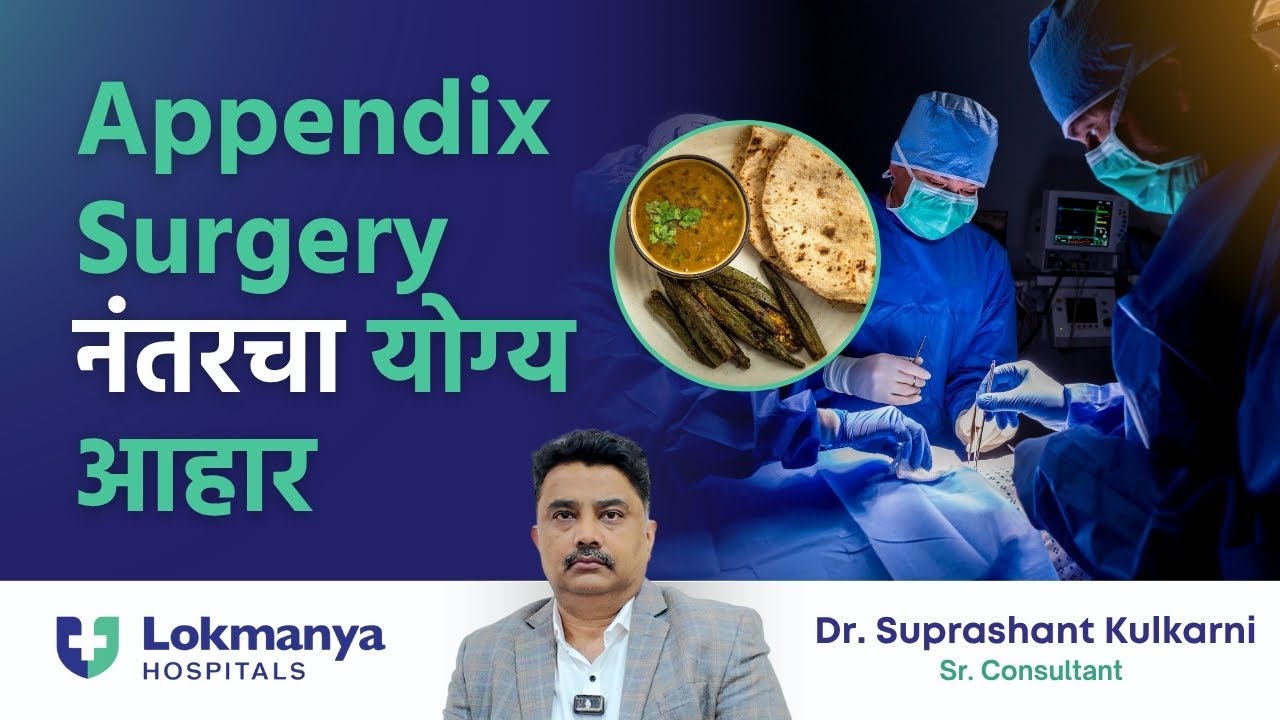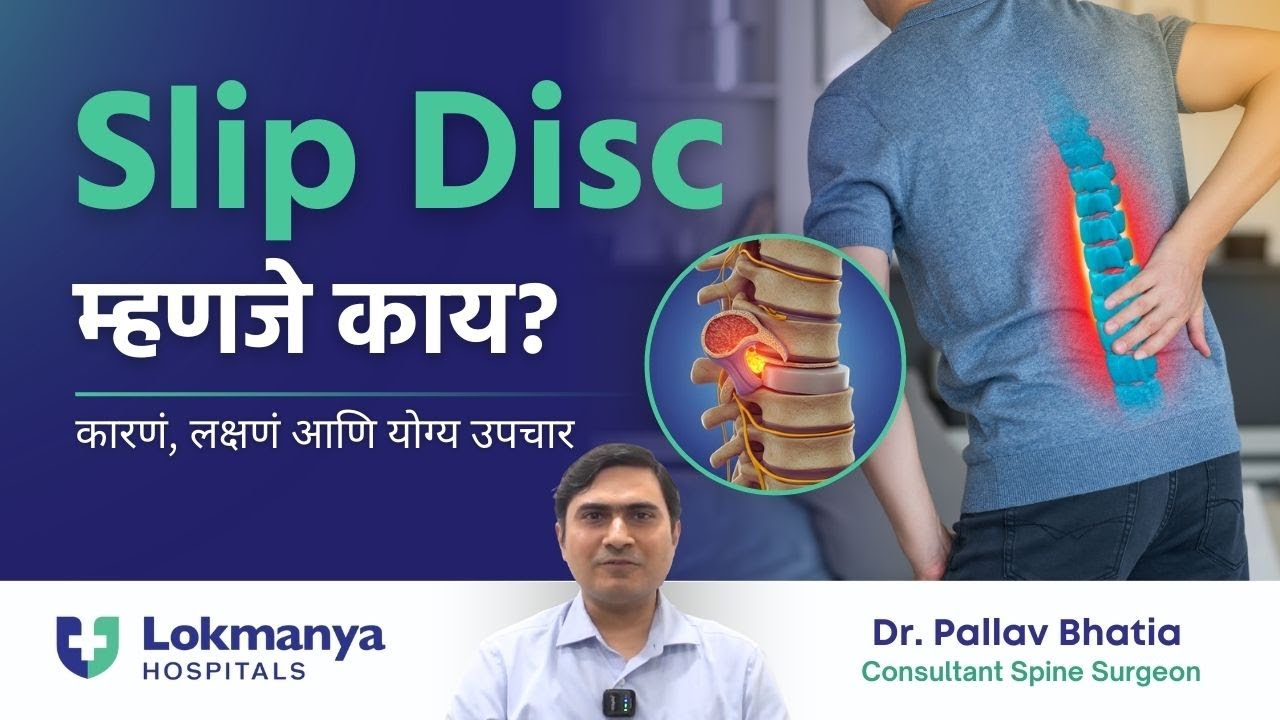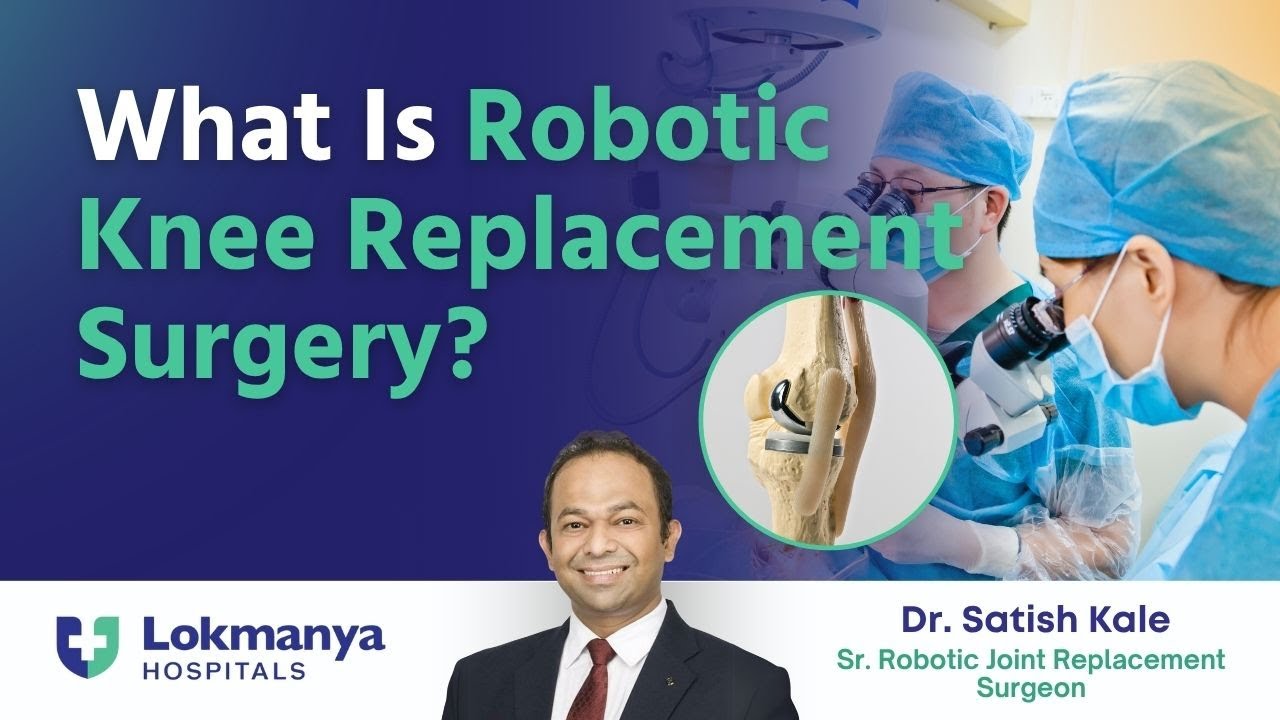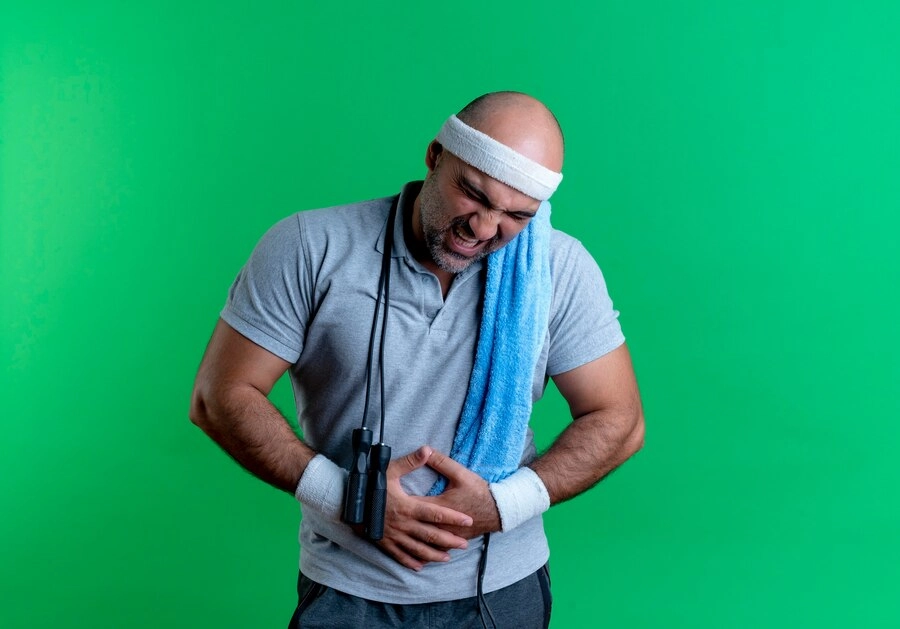Post-Appendix Surgery: Diet And Lifestyle Guidance
Category: General Surgery
Many patients wonder if they need to make changes in diet or lifestyle after appendix surgery. Dr. Suprashant Kulkarni, General Laparoscopic and Robotic Surgeon at Lokmanya Group of Hospitals, offers clear insights into this recovery phase.
Immediate Post-Operative Care
After an appendix operation, especially in early-stage cases, patients can usually go home within one or two days. In the hours following surgery, the intestines remain inactive—a condition called paralytic ileus. During this period, which typically lasts six to twelve hours, no food or drink is given to the patient to allow the bowel to recover naturally.
Reintroducing Liquids
To stimulate bowel movement, clear liquids like plain water or coconut water are gradually introduced—starting with just 30 ml. Once the intestines start showing signs of activity (e.g., bowel sounds, urge to pass gas or stool), the patient is allowed to consume more liquids. This careful progression helps the digestive system restart smoothly.
Gradual Progression to Solid Food
Once bowel movements resume, the diet shifts from liquids to semi-solid foods like thin dal, rice, kheer, or porridge. This transition usually occurs within two to four days. Once digestion stabilizes, normal solid meals are reintroduced based on the patient's comfort and tolerance levels.
Dietary Precautions After Discharge
After being discharged, patients should avoid eating outside food. Fried, spicy, and heavily seasoned items must be avoided. Processed foods made from refined flour and fast food should also be restricted. These basic precautions are essential for a smooth recovery and should be strictly followed for a few weeks post-surgery.
Choosing the Right Foods at Home
Homemade, fresh meals are best suited for recovery. Drastic dietary experiments or switching to unfamiliar foods should be avoided. Patients should refrain from excessive intake of non-vegetarian dishes, especially assuming it helps in recovery. Eating in moderate quantities, more frequently—like feeding a child—is advised.
Long-Term Recovery Outlook
Apart from initial precautions and a steady return to normal meals, no significant long-term dietary changes are needed. In fact, most patients forget they even had an appendix surgery after a few days, once recovery is complete. The body returns to its natural rhythm without lasting restrictions.
FAQs
1. How soon can one eat after appendix surgery?
Patients are typically given clear liquids 6–12 hours post-surgery once bowel activity resumes.
2. What are the first foods allowed after surgery?
Clear liquids like water or coconut water, followed by semi-solid foods such as dal-rice and porridge.
3. Is it safe to eat outside food after surgery?
No. It is recommended to avoid outside, oily, spicy, or fast foods during the recovery period.
4. Can I eat non-vegetarian food after appendix surgery?
Non-veg foods should be introduced gradually and in moderation, not consumed excessively post-surgery.
5. Are there any long-term dietary restrictions?
No major long-term changes are needed once the initial recovery is complete.
6. What are signs that the digestive system has restarted?
Stomach sounds (gurgling), urge to pass gas or stool are signs that bowel activity has resumed.
7. How long does full recovery take after appendix surgery?
Most patients recover within 2–4 days and resume normal eating habits shortly afterward.








